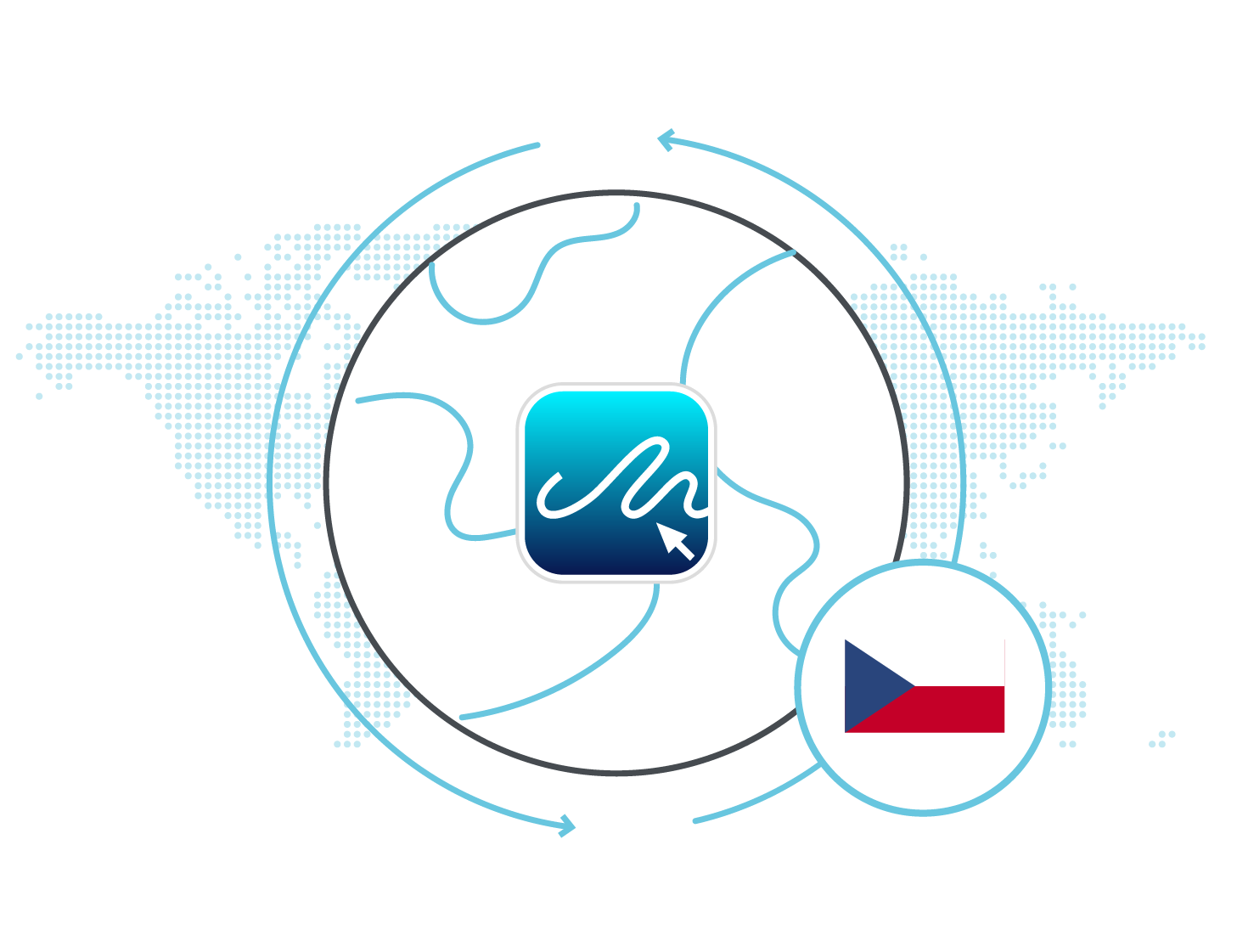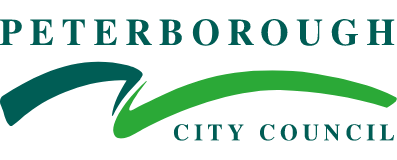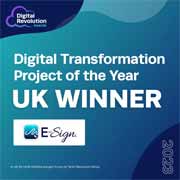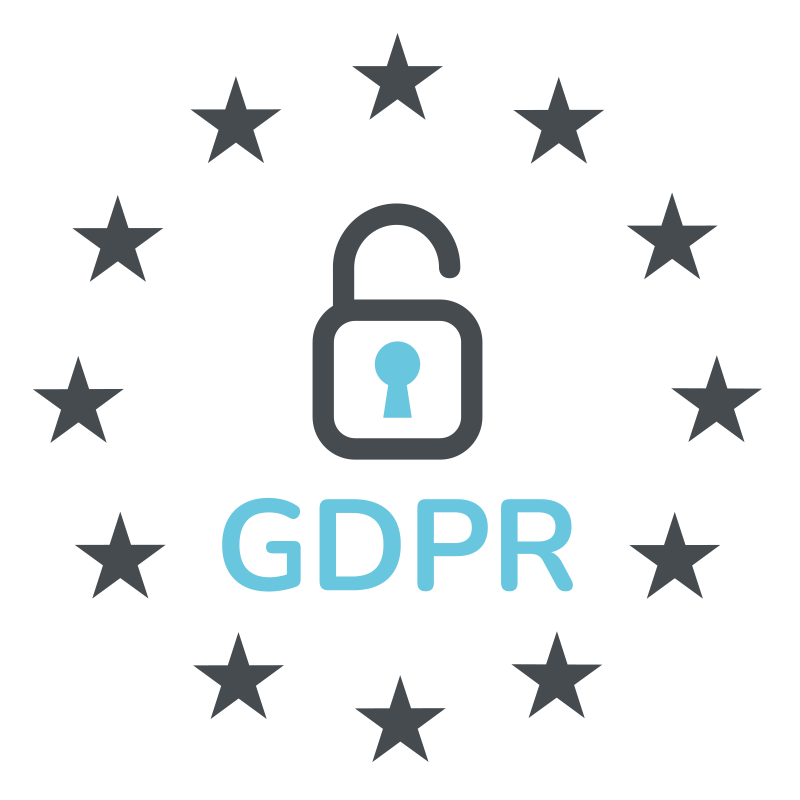The Legality of eSignatures in the Czech Republic
Explore the legality of electronic signatures in the Czech Republic and the laws and regulations that govern their use.

Trusted By
Are eSignatures Legally Binding in the Czech Republic?
Documents that can be signed electronically
Simple electronic signatures can be used in the Czech Republic on the following transactions:
- Software license agreements
- Consumer agreements e.g., sales terms, service terms, purchase orders, and order confirmations
- Commercial agreements between corporate entities
- Non-exclusive copyright, patent and trademark licenses
For other transactions, other types of signatures may be required such as a QES and RES, these use cases include:
- Standalone acknowledgement of debt – RES
- Contract for construction – RES
- Consumer loan agreements – RES
- Last will – QES
- Declaration of disinheritance – QES
- Power of attorney – RES
- Package tour certificate – RES
Further e-signature guidance
The following types of transactions no longer require handwritten signatures but the use of e-signatures on these documents has not been tested in the courts and might result in potential problems or delays:
- Agreements on purchase (or other type of ownership transfer)
- Formal notarisation of certain documents governed by family law
- Formal notarisation of certain contracts on the pledge of movables, contracts on the pledge of enterprise and mortgage contracts
- Formal notarisation of certain instruments of inheritance law
- Contracts on marriage property regime
- Inheritance contracts and inheritance sales
- And more
Types of e-signature permitted in the Czech Republic
The eIDAS regulation defines an electronic signature as data in electronic form which is attached or logically associated with other data in electronic form and which is used by the signatory to sign. It distinguishes between three types of e-signature, simple, advanced, and qualified.
- Simple – the most basic form of e-signature that can be in the form of typing your name at the bottom of an email or checking an approval box. There are no specific security or identity verification requirements for a simple e-signature.
- Advanced – this type of signature is uniquely linked to the signer, can accurately identify the signer, is created using data that the signer can be confident is under their sole control and is linked to the data in a way that detects any subsequent changes that are made. Advanced electronic signatures are more secure than simple signatures and are legally binding in most use cases.
- Qualified – this type of signature is similar to advanced but has additional requirements providers must adhere to. They must be certified based on public keys that have been issued using proper technological means. This means that the identity verification process is multi-step, using both encrypted keys and two-factor authentication.
The Czech Republic does not have a separate definition for electronic signatures outside of the one established by eIDAS.
Notable legality changes since 2020
In July 2022, an amendment to the Act on Trust Services for Electronic Transactions was made which introduced the possibility of a signature notarised in an electronic form. Another change came into effect in 2021 which allowed the possibility of electronic notarial deeds. This means a notary can draft a deed based on remote and electronic identification of the signer. These changes limit the types of documents where a handwritten signature is required as they enable the use of e-signatures.
Publicly Accessible Links to Laws/Regulations Discussed
Disclaimer
The content provided on this website is meant for general informational use only and does not constitute legal advice. Legal regulations on this topic can evolve rapidly, so E-Sign does not ensure that the information presented here is always up-to-date or accurate. If you have particular legal concerns regarding any details on this site, it is recommended that you consult with a licensed attorney in your jurisdiction.
Last Updated 9th October 2024




























